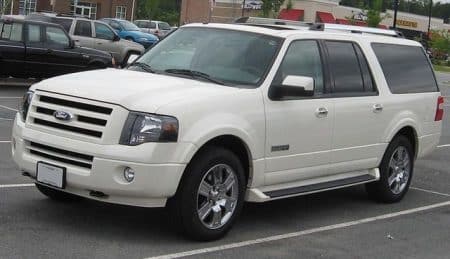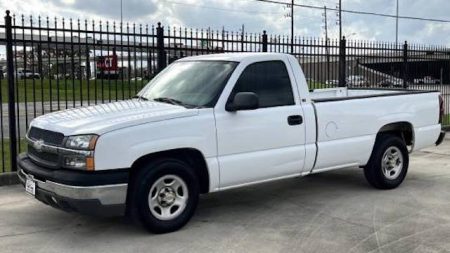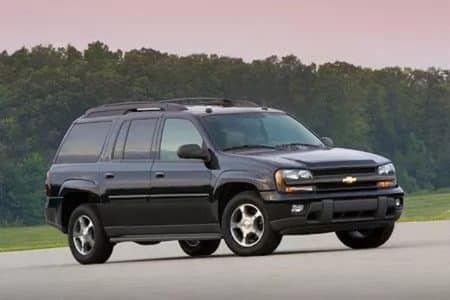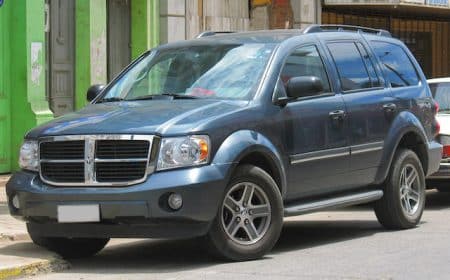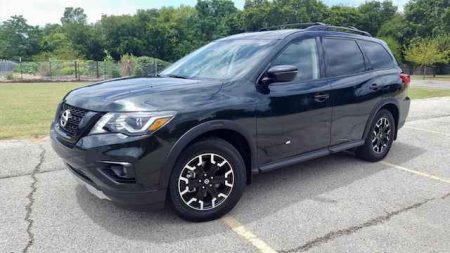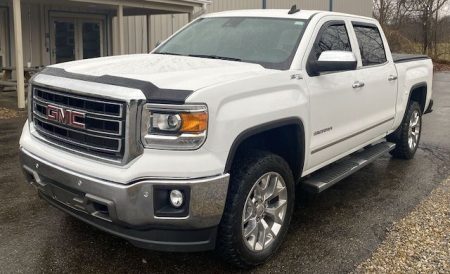Maintenance & Tips
Common Water Pump Problems For The Toyota Tacoma
If you have a Toyota Tacoma, chances are you’ll experience issues with the water pump at some point. Here’s a list of symptoms related to water pump failure on the Tacoma, as well as some diagnostic tips, repair info, recommended parts, and background information.
Read MoreCommon Fuel Pump Problems For The Honda Odyssey
If you have a Honda Odyssey, odds are you’ll experience issues with the fuel pump at some point. Here’s a list of symptoms related to fuel pump failure on the Honda Odyssey and some diagnostic tips, repair info, recommended parts, and background information.
Read MoreCommon Fuel Pump Problems For The Jeep Wrangler
If you have a Jeep Wrangler, odds are you’ll probably deal with fuel pump issues at some point. While most modern fuel pumps are designed to last for many thousands of miles, eventually they will wear out. (You can learn more about getting the most life out of your fuel pump in this blog post.) Here’s…
Read MoreCommon Fan Clutch Problems For The Ford Expedition
If you own a Ford Expedition and are experiencing problems with your fan clutch, you’ve come to the right place! In this post, we’ll cover Ford Expedition fan clutch failure symptoms as well a fan clutch problem diagnosis and repair. We’ll also provide the parts number for the recommended replacement fan clutch parts for the…
Read MoreCommon Fan Clutch Problems For The Chevy Silverado
If you have a 1999-2004 Chevy Silverado, odds are you’ll experience issues with the fan clutch at some point. Here’s a list of symptoms related to fan clutch failure on the Chevy Silverado and some diagnostic tips, repair info, recommended parts, and background information.
Read MoreCommon Fan Clutch Problems For The Jeep Wrangler
Are you having issues with your Jeep Wrangler’s cooling system? We’ve got you covered if you think it might be related to the fan clutch. In this post, we’ll cover the fan clutch, including the following topics:
Read MoreCommon Fan Clutch Problems For The Chevy Trailblazer
If you have a Chevy Trailblazer, odds are you’ll experience issues with the fan clutch at some point. That’s why our team came up with this helpful guide about Trailblazer fan clutches. We’ll highlight causes of a fan clutch failure, cover some diagnostic tips, and provide repair info.
Read MoreCommon Fan Clutch Problems For The Dodge Durango
If you have a 1998-2009 Dodge Durango, odds are you’ll experience issues with the fan clutch at some point. Here’s a list of symptoms related to fan clutch failure on the Dodge Durango, and some diagnostic tips, repair info, recommended parts, and background information.
Read MoreCommon Fuel Pump Problems For The Nissan Pathfinder
If you have a Nissan Pathfinder, odds are you’ll experience issues with the fuel pump at some point or another. Regardless of your make or model, there are three main components needed for an engine to run: Air, spark, and of course, fuel. If any of these are not present, the engine won’t run at…
Read MoreCommon Fuel Pump Problems For The GMC Sierra
If you have a GMC Sierra, odds are you’ll experience issues with your fuel pump at some point. Most times, when a fuel pump fails, it it has simply worn out. In this post, you can learn how to maximize the lifespan of your fuel pump. Below is a list of common symptoms related to GMC…
Read More



